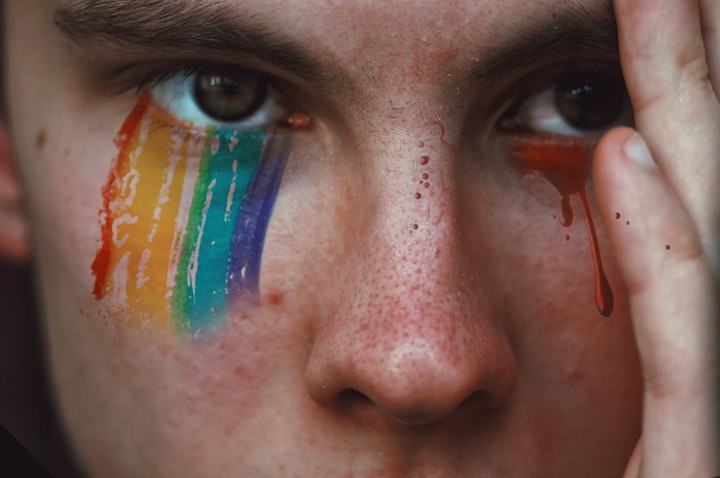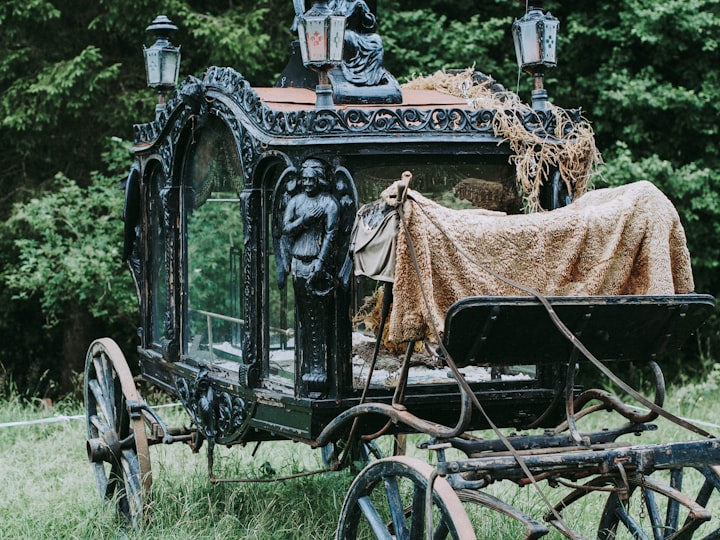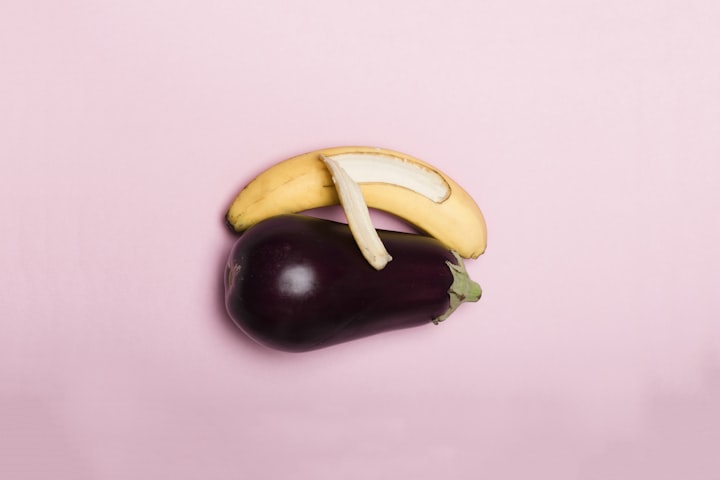Outsiders-Within: The Families We Lose
Can Your Estrangement Story Help Others?

LGBTQ people are often pushed into the margins of the family unit. we're the seen but not heard. We're the "outsiders-within".
While estrangement is a painful reality for many LGBTQ people, our chosen families have the power to heal and radicalize traditional definitions of the family unit.
---
Families We Keep
Have you ever justified a family member's homophobia?
Ever told yourself: it's getting better. It's not as bad as it used to be.
Sociologists refer to this phenomenon as "compulsory kinship". The term was born in the book: Families We Keep.
"Compulsory kinship" is enduring familial bonds that are unpleasant, toxic and harmful.
The problem is bigger than you think. A type of trauma bond. A type of Stockholm Syndrome. Compulsory kinship is wide-spread.
Many adult children maintain relationships with abusive parents. Even so, LGBTQ people have a perspective that sociologists find intriguing. We often experience compulsory kinship coupled with the outsider-within phenomenon.
---
Eternal Baptism of Shame: a metaphorical example…
You and your partner, Jak, embark on a holiday with Jak's family. Jak's parents rent a four-bedroom AirBnb.
Jak's parents take the master bedroom.
Jak's older sister and her husband take the queen suite.
Jak's eighteen-year old brother and his girlfriend - of six months - take the double suite.
And you and Jak - your partner of five years - take the twin single. Shunned to the kids room.
Ring true?
---
Is this the compromise of inclusivity?
---
Jak's face drops. Your breath snags. Tears prick your eyes.
Jak looks at you, forces a smile, and says: 'Let's ignore it. I don't want it to ruin the holiday.'
You inhale and put on a happy face. Jak's upset. You don't want to make them feel worse. You don't want to make a scene. You don't want to be dramatic. You don't want to make a mountain of a molehill.
---
Is this rejection masquerading as acceptance?
---
Jak's family throw a dinner party.
Jak's mom introduces you as: 'Jak's friend from college'.
Out the corner of your eye, Jak's shoulders slump.
You smile and shake hands. Shame explodes within you.
---
Is this submission a form of homophobic permission?
---
Families We Choose Vs Families We Keep
Insidious homophobia destroys our intimate relationships.
Here's the question: do you stay with Jak? Do you tolerate intolerance for love? Is the feeling of self-hatred, disgust and shame too much? Do you walk away?
Outsiders-within are experts at creating new, and unique, versions of family. Chosen families are not novelties. They are necessities. They are lifelines. They are paramount to survival.
Despite the ability to recreate and redefine "family", so many of us exist in chains. Invisible chains looped around ankles, bonding us to toxic parent-child relationships.
---
Rethinking Rejection
We have a complex relationship with rejection. Can acceptance and rejection exist together? Or am I gaslighting myself?
From all this ugliness, something beautiful is born.
Something healing. Something freeing.
We exist outside exclusivity. We love unapologetically.
We protect fiercely. We worship respect and kindness.
We keep our exes close. We accept wholeheartedly.
We create chosen families. We grow together.
Our pride is more than the sum of its rainbows.
---
The Families We Lose
Sociologist, Rin Reczek is one of the author's of Families We Keep. Reczek explains the detrimental effects of compulsory kinship. How perservereing with such relationships 'perpetuates long-term harm for many adult children.'
But, life isn't that simple. It's not a matter of saying: that relationship is harmful, you should leave.
Humans stay in bad relationships all the time.
Reczek explains that most of us cannot cut ties. That 'the parent-child tie is irreplaceable, even if it doesn't serve them.'
---
So, what's the solution?
One option is estrangement. The Families We Keep maps out specific exit strategies. The ways to break free of compulsory kinship.
But what if estrangement is not where you are at? I suggest the following:
1. Set and enforce boundaries.
2. Be yourself. Respect yourself.
3. Don't let them try to change you. And don't try to change them.
4. Rally support. Have a friend on standby. Have a safe place to go.
5. Remove obligation. Spend your time how you want to (this will also reduce resentment.)
6. Find a good counsellor.
---
The bottom line: We are stronger together. Do you have a story to share? Do you think your story could help others?
Families We Lose is Rin Reczek's new project. They are interviewing LGBTQ people who have "no to low" contact with a family member. They want to hear from you.
---
Stevi-Lee Alver is an Australian writer and tattoo artist. She lives in the middle of Brazil with her wife. She loves bush walks and waterfalls but misses the ocean.
About the Creator
Stevi-Lee Alver
Australian writer and tattoo artist based in Brazil. 🏳️🌈🏳️🌈🏳️🌈






Comments
There are no comments for this story
Be the first to respond and start the conversation.